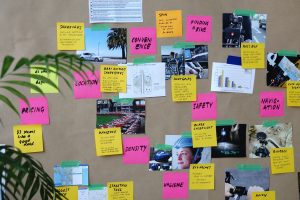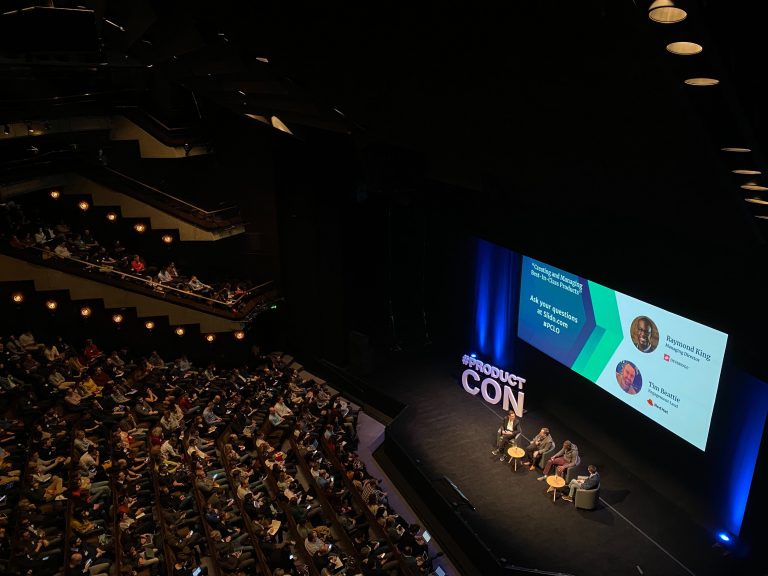What is a trade show event?
A trade show is an organised event for businesses, professionals, and business representative to come together to exchange knowledge, products, services and make connections with other like-minded individuals in their industry. They will be industry specific, and often not open to the public but this will be dependent on the nature of the show.
Bigger trade shows may include some of the educational opportunities of a conference, such as speakers, and group activities. But most of the educational parts of a trade show are likely to be hosted by the event sponsors.
What is the difference between a trade show, a conference, and a convention?
Where a trade show focuses on exploring product offerings, a conference hinges on the exchange of information, with a general purpose to educate the attendees. For example, academic conferences will bring together leading experts in a field, and industry-specific conferences will invite visitors to learn and increase their knowledge and skills on a professional level.
A convention differs in that it is often centred around memberships, more of a formal meeting of members, fans, or representatives. Conventions are often hosted to put forward an agenda for the coming months, or to discuss problems of interest.
What are the benefits of attending trade shows?
Trade show events can be an invaluable tool for businesses, as they offer a great opportunity to build relationships, generate leads, and create brand awareness, and even make sales. They are a great way to network with industry professionals, learn about the latest trends and your competitors, and connect with potential and existing customers.
Trade shows can help businesses save money on marketing and advertising costs, as they offer a cost-effective way to promote products and services, especially if you are introducing new products which would benefit from being seen in person.
Finally, they are a great way to get real-time feedback on products and services, as well as gain valuable insights on customer preferences.

What do you need to prepare before the event?
It’s vital to be organised ahead of your event, and it can be daunting, but there are some steps you can take:
- Research the trade show further and its attendees to make sure you’re targeting the right audience. This will help you come up with an effective marketing strategy and ensure that your message resonates with the right people.
- Make sure you have all the necessary materials, such as brochures, business cards, and any other promotional items, and ensure they are all on brand and up to date. You’ll also need to create signage and banners to make your booth stands out if you are exhibiting.
- Practice your elevator pitch and any presentations you plan on making in advance. This will ensure that you’re well-prepared and able to deliver a smooth and professional presentation.
- Plan any accommodation and travel in advance, don’t leave it until the week before, chances are hotels may have sold out!
- Check with your team they can actually attend, ideally this should be before you book the event if you only have a small team.
- You need to have a marketing plan in place to promote that you will be attending the show. Utilise social media before, during and after the event, and prepare emails about 4-6 weeks before the event, to inform your audience that you will be attending, maybe announce important news, or teasers, and opportunities to meet the team.
- Work with all the team that are attending ahead of the show, to ensure everyone is on the same page and has all the correct information.
Following the event
Following the event, schedule a debrief with all the team who attended, think about what worked well and opportunities for improvements. Was the stand in a good location and getting enough traffic? Were you pitching at the right audience?
Make sure that any leads are uploaded and noted on your CRM and shared with the rest of the team so they can follow up where needed, and it’s also a useful tool to provide justification for attending future events!

